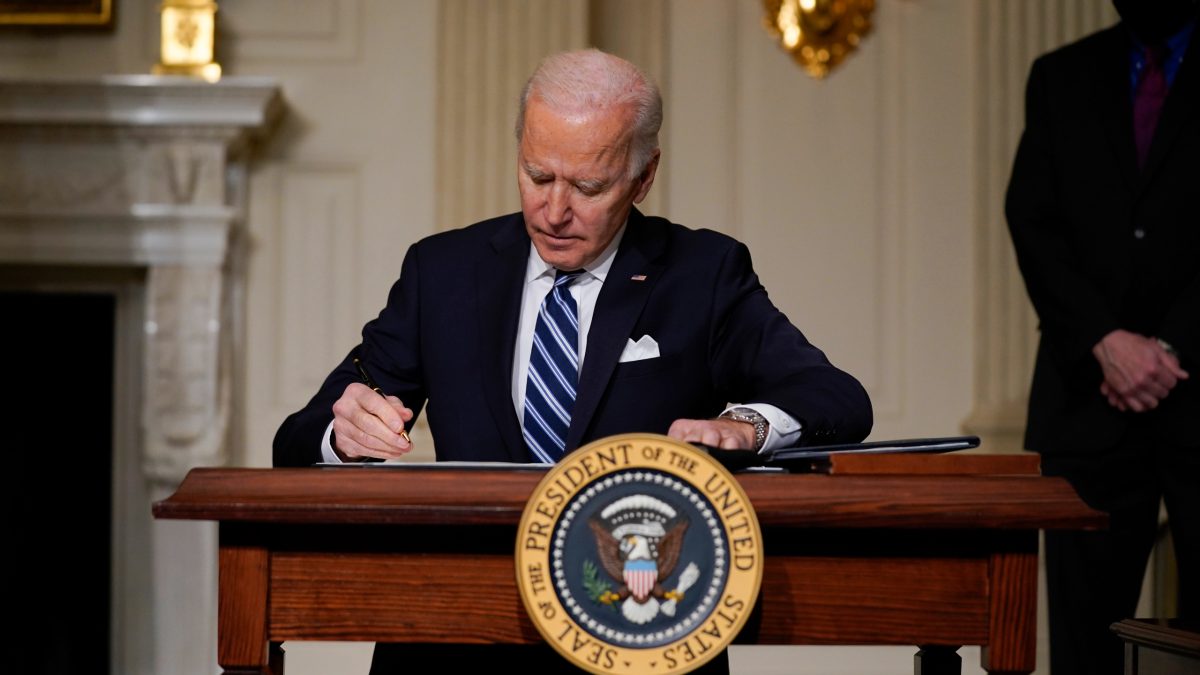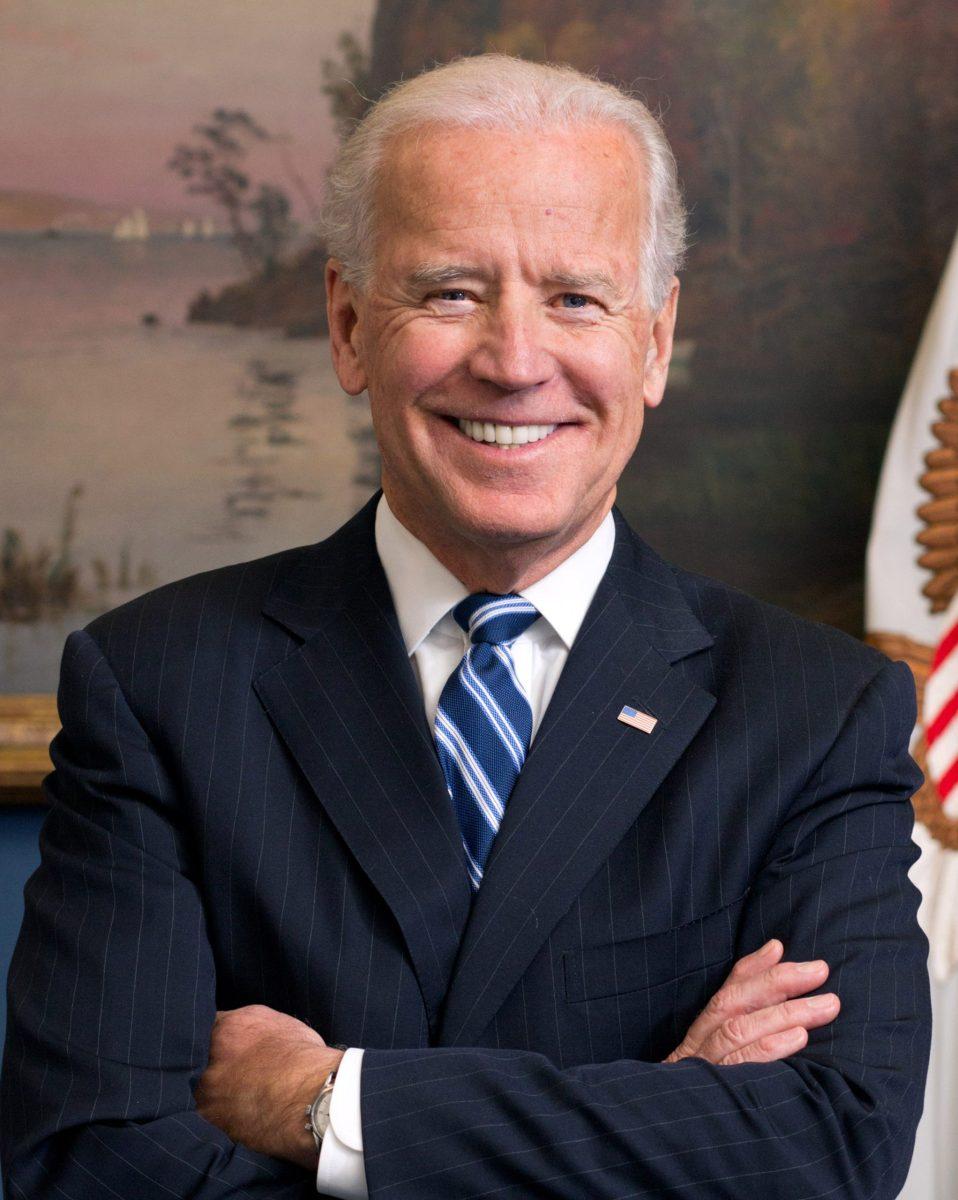The third presidential debate will likely go down in history as the dramatic climax to one of the most hotly contested races in modern history.
The debate began with an unusual and perhaps symbolic gesture: Clinton and Trump refused to shake hands after walking on stage. However, the debate was civil during the first set of questions, with both candidates offering clear and factual opinions on their views on gun ownership, abortion, and how the Supreme Court should interpret the Constitution. Yet after the first half hour, this civility broke down as the candidates and moderator began to repeatedly interrupt each other in an embarrassing war of words that would sometimes last half a minute. Trump was quick to repeat his claims of media bias against him, lament the FBI’s decision not to charge Clinton, and forcefully bash Clinton’s inability to create major political change in the country despite being in politics for most of her life.
Cunningly, Clinton took the accusations as an opportunity to compare their lives, noting how she spent years fighting for rights and reforms while Trump was dodging taxes and hosting television programs. She then went after Trump’s infamous history with women, a simple but powerful way to embarrass him.
Overall, it was clear that Trump was noticeably more prepared for this debate than in the past: he was calmer, managed to convey the fundamentals of his campaign’s message, and was able to again paint Clinton as corrupt. However his debate performance, improved it may be, was overshadowed by his shocking refusal to honor the election results if Clinton wins.
As we all know, America has had a long and proud tradition of peaceful political transitions between rivaling political parties, a tradition that began when the Federalists stepped down to the Democratic Republicans after the Election of 1800. Trump’s threat to deny the election’s results is viewed by many as an attack on the legitimacy of American Democracy, especially since little to no evidence exists that would suggest that widespread voter fraud exists. Remarkably, Trump later said at a campaign rally that he would certainly honor the election’s results- if he won. His running mate, Mike Pence, sought to strike a balance between Trump’s “rigged election” rhetoric and the public outrage by saying that vigilance will be key in protecting the election and calling for the public to closely monitor the election.
However, these debates are historical for another reason: they’ve managed to significantly boost Clinton’s lead in national polls, a rare effect in modern elections. Indeed, Clinton has been declared the winner of all three debates by a multitude of media outlets, who cite her ability to remain cool and contained while angering Trump enough for him to make dangerously crass comments time and time again as her secret to success. Clinton’s strategy? Referring to Trump by his first name, suggesting that his success is due unethical business practices, labeling him as a misogynist, calling him a puppet of Putin, and mocking him over his controversial late night tweets.
The effect has been clear: Trump began to repeatedly interrupt Clinton during her initial responses to questions (which is against debate rules), has threatened to launch an investigation to incriminate Clinton over her deleted emails, has called her “such a nasty woman” at the third debate, and has been heavily booed at a traditionally peaceful charity dinner when he repeatedly called both the media and Clinton corrupt during his time to speak. To Trump’s followers, Clinton is deserving of such treatment, but to the undecided moderate voter, this showcases Trump’s poor temperament. Now, with a little over two weeks till the election, Clinton is targeting formerly red states in an effort to make them swing states. And with a lead of eight to ten points in most major polls, she has the potential to secure not only the Presidency but the Senate for her party. However, one thing is certain about Trump: he’s certainly not a quitter and is capable of making a comeback.


































